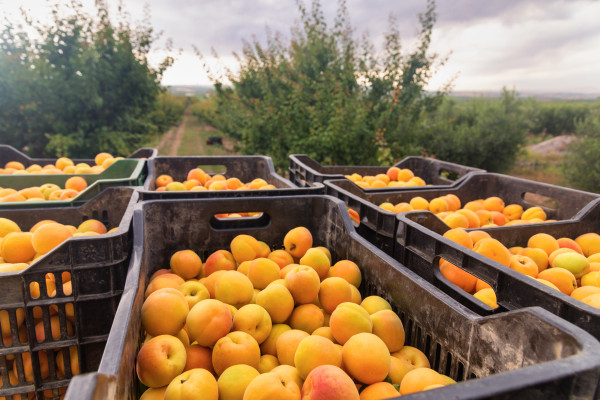A LAKE Boga horticulturist will have conditions imposed on seasonal worker accommodation despite the Victorian Civil and Administrative Tribunal ruling that the proposal wouldn’t need a planning permit.
Mildura planner Roy Costa applied for a certificate of compliance costing $336.40 last July on the grounds that the proposal was ancillary to the use of the land for horticulture.
But Swan Hill Rural City Council planning staff said a planning permit was required because the proposal did not meet new rules for farm worker housing introduced last year, limiting it to 10 workers, as outlined in clause 35.07-01 of the farming zone.
Under the proposal, 32 workers would be accommodated at Redland Orchards, near Lake Boga, which produces citrus and stonefruit and employs up to 60 people during harvest.
VCAT deputy president Teresa Bisucci declared that the use of the land on Long Lake Road was ancillary to the use of the land for horticulture if it accommodated workers generally in accordance with the complex of detached buildings and housed a maximum of 32 workers.
The definition of “ancillary use” under the Victorian Planning Provisions is “where a part of land is used for the purpose which is subordinate to the purpose for which another part is used, the whole of the land is regarded as being used for the dominant purpose. The subordinate purpose is merely incidental or ancillary to the dominant purpose”.
In the context of having accommodation in the farming zone, it means that the accommodation is ancillary to the use of the land because it is solely used by seasonal workers for the purpose of being able to work on the land on which the accommodation is situated.
Ancillary accommodation does not require a planning permit.
Mr Costa submitted that 30 hectares of the total 49.24ha was planted and producing fruit.
The workers may only be accommodated during the harvest season, worker accommodation may only be used by workers actively working on the land for the harvesting of the fruit, be provided at no cost to the workers and the rooms must not be services.
Ms Bisucci said the applicant argued the land was used for horticulture because it cultivated and grew citrus fruit and apricots and “as such, no permit is required in the farming zone for this use”.
Mr Costa relied on a number of previous VCAT decisions to support its application, where no permit was required for similar proposed worker accommodation in north-west Victoria.
The council submitted that, given the scale and intensity of the proposed use, it required a permit under the farming zone because it did not meet all the conditions set out in the scheme.
In particular, the number of persons accommodated was greater than 10 and there was no existing dwelling on the land.
The council also argued that, given a permit was required for the use of the land for rural worker accommodation, a permit was also required for any associated buildings and works.
Ms Bisucci said there was no debate among the parties that the land was used for horticulture.
“The question is whether accommodating seasonal workers on the land during harvest time is ancillary to the dominant use of the land for horticulture,” she said.
“To that end, the question is whether the workers’ accommodation is a necessary adjunct or accessory to the dominant use of the land for horticulture.
“The land is 49.24ha in size, and I was told by the applicant that it employs between 50 to 60 workers during harvest season. Thus, between 53 per cent to 64 per cent (respectively) of the total workforce during the harvest season would be accommodated on the land.
“Further, 32 workers are proposed to be accommodated on the land during harvest season, which is approximately one worker to be accommodated on the land per 1.5ha of land.”
Ms Bisucci said the accommodation of workers from July to December would allow ready access to a workforce during harvest season.
“This removes the need for an intermediary or contract workers and secures the required workforce to facilitate the use of the land for horticulture,” she said.
“Without a secure workforce base, the horticultural product and activity are put at risk.”
Ms Bisucci said she found the worker accommodation was a “necessary adjunct to the dominant use of the land for horticulture” and was thus, ancillary to that use.
Swan Hill Council director of development and planning Heather Green acknowledged the declaration.
“Council advised consultants for Redland Fruit in July 2022 that a planning permit was required for this use,” Ms Green told The Guardian.
“A council-issued planning permit would not have had such onerous conditions.
“Council urges other agricultural operators wishing to pursue on farm worker accommodation to seek a permit.”
















